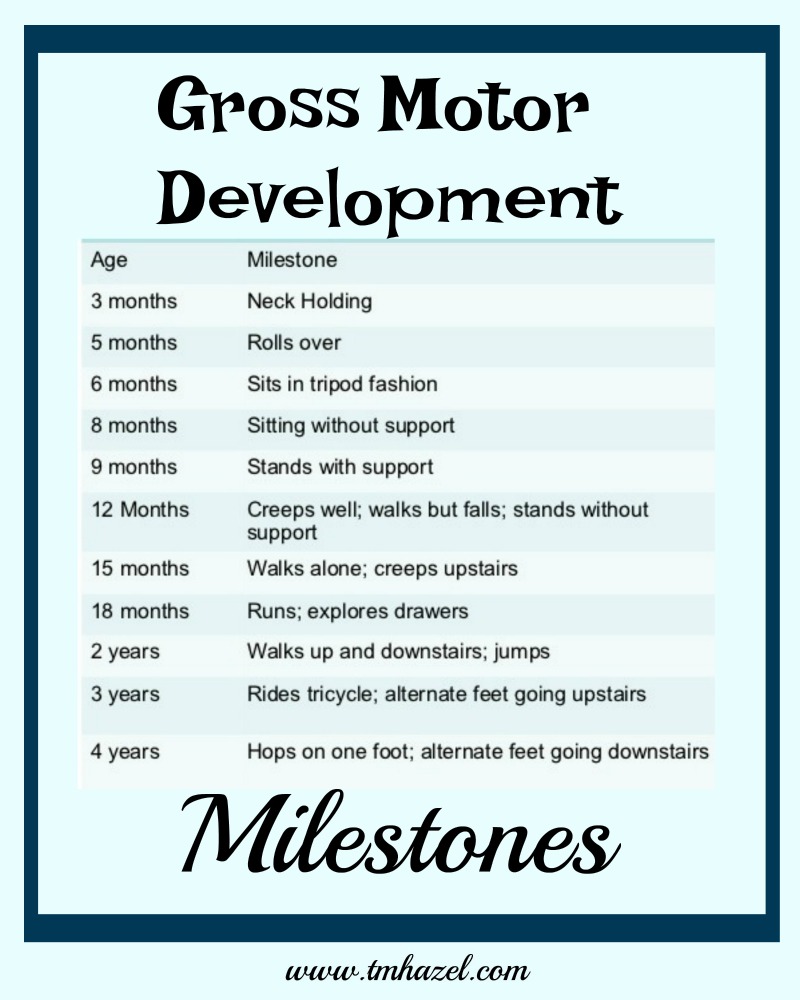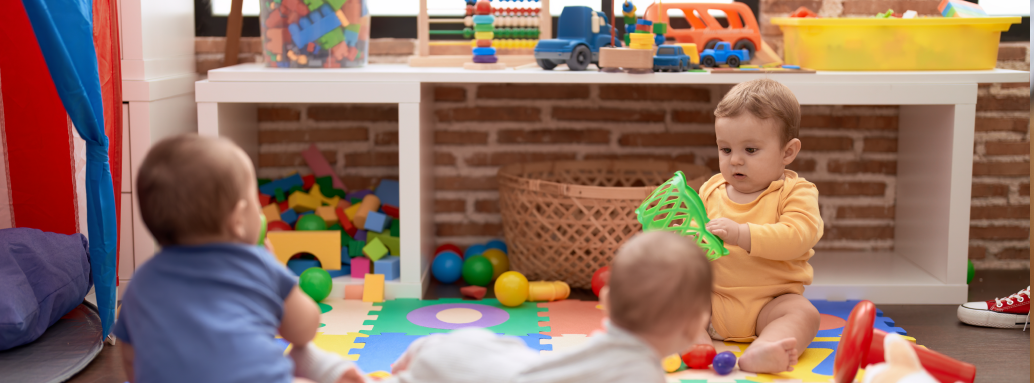목차
- Understanding Your Child’s Development:
- Creating a Safe and Nurturing Environment:
- Effective Communication with Your Child:
- Balancing Work and Parenting Responsibilities:
- The Importance of Self-Care for Parents:
- Building a Support Network:
Becoming a parent is a life-changing experience, filled with joy and challenges. This article dives into essential parenting tips that can help new parents navigate the early stages of raising their children. From understanding developmental milestones to practical tips on daily parenting tasks, we provide a comprehensive guide.
Understanding Your Child’s Development:
Understanding your child’s development during the early years is crucial for new parents. Children go through various developmental milestones, typically categorized into three key areas: motor skills, language, and social behavior.
Motor skills begin to develop at a very young age. By six months, most infants can sit with support, and by the time they reach one year, many are able to stand and even take their first steps. Achievements in gross and fine motor skills, such as grasping objects or stacking blocks, not only demonstrate physical growth but also contribute to cognitive and emotional development.
Language development is equally important. Infants start by cooing and making sounds, gradually progressing to babbling and then forming simple words. By age two, many children can put together short sentences, allowing them to express their needs and emotions more clearly.
Social behavior milestones are vital for interpersonal skills. Initially, infants respond to their caregivers’ facial expressions and sounds, but as they grow, they learn to engage with others through play, sharing, and showing empathy. These interactions are fundamental for building relationships and understanding social norms.
To support growth in these areas, it’s essential to observe your child closely and provide a nurturing environment. Activities like reading, playing interactive games, and engaging in conversations can stimulate development effectively. The following table outlines key developmental milestones during the first few years:
In summary, keeping an eye on these milestones not only aids in recognizing any developmental delays but also enhances the overall parenting experience, allowing you to engage in your child’s growth wholeheartedly.

Creating a Safe and Nurturing Environment:
Creating a safe and nurturing environment for your infant or toddler is essential for their growth and well-being. A secure home not only protects them from physical harm but also fosters emotional stability and confidence.
To childproof your home, prioritize identifying and mitigating potential hazards. Start by covering electrical outlets with safety caps and removing sharp objects or fragile items from reachable surfaces. Ensure that heavy furniture is anchored to the wall to prevent tipping. Additionally, securing cords and blinds will keep them out of your child’s reach, reducing the risk of accidents.
Establishing a comforting space is equally important. Designate areas for play that are free from clutter and filled with safe toys that encourage exploration and learning. Soft rugs or mats can provide a cozy area for your child to play and crawl. Visual and sensory stimulation through colorful decor, soft lighting, and age-appropriate books can enhance the nurturing atmosphere of your home.
Next, consider safety in the bathroom and kitchen as these areas pose significant risks. Install cabinet locks to prevent access to cleaning supplies and sharp utensils. In the bathroom, always supervise your child during bath time and keep toiletries out of reach.
In conclusion, by focusing on safety and creating a nurturing space, you lay the groundwork for a secure environment where your child can thrive. Following these practical steps will not only protect your child but also promote their development as they grow and explore the world around them.


Effective Communication with Your Child:
Effective communication with your child is a cornerstone of healthy development and a strong parent-child bond. It’s essential to create an environment where your child feels safe and comfortable expressing their thoughts and feelings. Begin by being an active listener; when your child speaks, give them your full attention. This means putting away distractions, maintaining eye contact, and responding respectfully to what they say.
Encouraging your child to share their feelings can be achieved through simple conversations. Ask open-ended questions that invite them to express themselves, such as “How was your day?” or “What made you happy today?” Validate their feelings by acknowledging them and providing reassurance, reminding them that it’s okay to feel whatever they are feeling.
Using age-appropriate language and being clear in your communication helps children understand better. Tailor your conversations to match their developmental stage, using simple words for younger children and more complex discussions as they grow. Furthermore, modeling effective communication behaviors yourself—like expressing your feelings and thoughts—can teach them how to communicate with others.
Always be patient. It might take time for your child to feel comfortable expressing themselves. Celebrate their efforts, no matter how small, and reinforce that open communication is valued in your home.
Next, let’s refer to a visual guide that captures these principles. The image below exemplifies positive communication techniques.

Lastly, don’t forget to maintain a warm and open demeanor. This approach fosters trust and encourages your child to share more, leading to a closer and more enriching relationship as they navigate their early years. By instilling these communication skills early on, you help set the foundation for a lifetime of healthy interactions.
As we transition to the next chapter, keep in mind the importance of balancing effective communication with the challenges of parenting, especially when managing work responsibilities.
Balancing Work and Parenting Responsibilities:
부모로서 일과 육아라는 두 가지 중요한 책임을 동시에 감당하는 것은 쉬운 일이 아닙니다. 그렇지만 적절한 시간 관리와 경계 설정을 통해 이 두 가지를 효과적으로 조화롭게 운영할 수 있습니다.
가장 먼저, 일과 육아를 병행하면서 시간 관리를 잘하기 위해서는 일상적인 일정을 세분화하는 것이 중요합니다. 예를 들어, 일정한 시간대를 정해놓고 그 시간에는 오로지 육아에 집중하며, 다른 시간대에는 업무에 최대한 집중할 수 있도록 해보세요. 일에 몰두해야 할 때는 집안일이나 육아에 들어가는 시간을 철저히 제한하는 것이 좋습니다.
또한, 경계를 설정하는 것 역시 필수적입니다. 자택근무를 하더라도 육아에 관한 일과 직장 일을 구분짓는 명확한 규칙을 정해둬야 합니다. 이를테면, 업무 시간 중에는 아이를 다른 사람에게 맡기거나 안전한 공간에서 놀 수 있도록 하고, 일을 마친 후에는 온전히 가족과 함께할 수 있는 시간을 가지는 것이 좋습니다. 이러한 경계는 스스로에게도 도움이 될 뿐 아니라 아이에게도 안정감을 줄 수 있습니다.
사회적 지원 네트워크를 확장하는 것도 큰 도움이 됩니다. 여러 부모들과의 대화를 통해 육아에 대한 다양한 경험과 팁을 나누며, 문제를 함께 해결할 수 있는 방법을 찾아보세요. 서로의 이야기를 공유함으로써 더욱 효과적으로 이 두 책임을 조화롭게 해나갈 수 있습니다.
다음 표를 통해 각자의 상황에 맞는 효율적인 시간 관리 및 경계 설정 방안을 확인해보세요.
이렇게 일과 육아를 조화롭게 운영하는 것은 쉽게 이룰 수 있는 목표는 아니지만, 계획과 실행을 통해 실현 가능한 일입니다. 부모로서의 책임을 다하는 동시에 개인적인 삶의 질을 높이기 위해서는 무엇보다도 균형 잡힌 접근이 필요하다는 점을 잊지 마세요.
The Importance of Self-Care for Parents:
부모가 자신을 돌보는 것은 자녀의 양육에서 매우 중요한 부분입니다. 부모가 건강하고 행복해야 아이도 동일한 환경에서 성장할 수 있습니다. 바쁜 육아 생활 속에서도 자기 관리를 우선시하는 것이 필요합니다. 따라서 자신을 위한 시간을 꾸준히 마련하는 것이 매우 중요합니다.
첫째, 짧은 휴식을 정기적으로 가지는 것은 큰 도움이 됩니다. 매일 몇 분이라도 혼자만의 시간을 가지며 마음을 정리하고 스트레스를 해소하는 것이 좋습니다. 예를 들어, 아이가 낮잠 자는 동안 차 한 잔을 마시거나 좋아하는 책을 읽는 시간을 가져보세요.
둘째, 운동을 생활 속에 통합하는 것도 좋은 방법입니다. 간단한 스트레칭이나 걷기, 또는 짧은 운동 동영상을 따라 하는 것으로도 근육을 풀고 기분이 좋아질 수 있습니다. 짧은 시간이라도 매일 하는 것이 누적 효과를 가져옵니다.
셋째, 주변의 지원 시스템을 활용하세요. 친구나 가족과 함께 육아의 어려움을 나누고 서로 도와줄 수 있는 시간을 만드는 것이 중요합니다. 이러한 관계는 정서적인 지지뿐만 아니라 실질적인 도움도 줄 수 있습니다.
마지막으로, 마음 챙김을 통해 감정을 조절하는 것도 추천합니다. 간단한 명상이나 깊은 호흡을 통해 마음을 가라앉히고 스트레스를 줄일 수 있습니다. 이러한 시간을 가지면 더 긍정적인 사고와 기분을 유지할 수 있습니다.
다음 표를 참고해보겠습니다.
부모가 자기 자신을 돌보는 것은 결코 이기적인 행동이 아닙니다. 오히려 자녀에게 더 나은 환경을 제공하기 위해 필수적입니다. 육아는 힘든 일이지만, 자기 관리가 뒷받침된다면 그 여정이 조금 더 수월해질 것입니다.

Building a Support Network:
Having a robust support network is vital for new parents, as it provides emotional and practical assistance during what can often be a challenging time. Engaging with family, friends, and community resources can alleviate some of the pressures that come with raising a child. New parents should actively seek out these supports, as they play a crucial role in overall well-being.
Connecting with other parents through local parenting groups or online forums can be particularly beneficial. These communities offer a space to share experiences, exchange advice, and build friendships. It’s not only about getting help with childcare but also finding companionship in shared struggles and joys.
In addition to peer support, family members can provide invaluable help. Whether it’s babysitting, cooking meals, or simply being there to listen, the loving presence of family can ease the transition into parenthood. Don’t hesitate to communicate your needs clearly—many family members are eager to assist but may not know how.
Community resources, such as parenting classes, mental health services, and local family services, are also instrumental. Parents can learn new skills and strategies that enhance parenting practices while also receiving emotional support.
When utilizing these resources, it’s important to maintain open communication about your needs and expectations. This will create a supportive environment where you can thrive.
Lastly, take the time to nurture these relationships. Regular check-ins and reciprocating support can strengthen bonds and ensure everyone feels valued. Building and relying on a support network is not just beneficial; it’s a vital aspect of navigating the early stages of parenthood successfully.

In summary, successful parenting requires a blend of patience, understanding, and self-care. By being aware of developmental needs, fostering open communication, and establishing a supportive network, new parents can create a loving environment where their children thrive. Remember, it’s okay to ask for help and prioritize your own health while raising a family.
The Importance of Play in Child Development
Understanding Developmental Milestones
Work-Life Balance Tips for New Parents
parenting tips,child development,new parents,family support,work-life balance,self-care for parents,effective communication,


